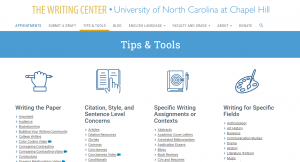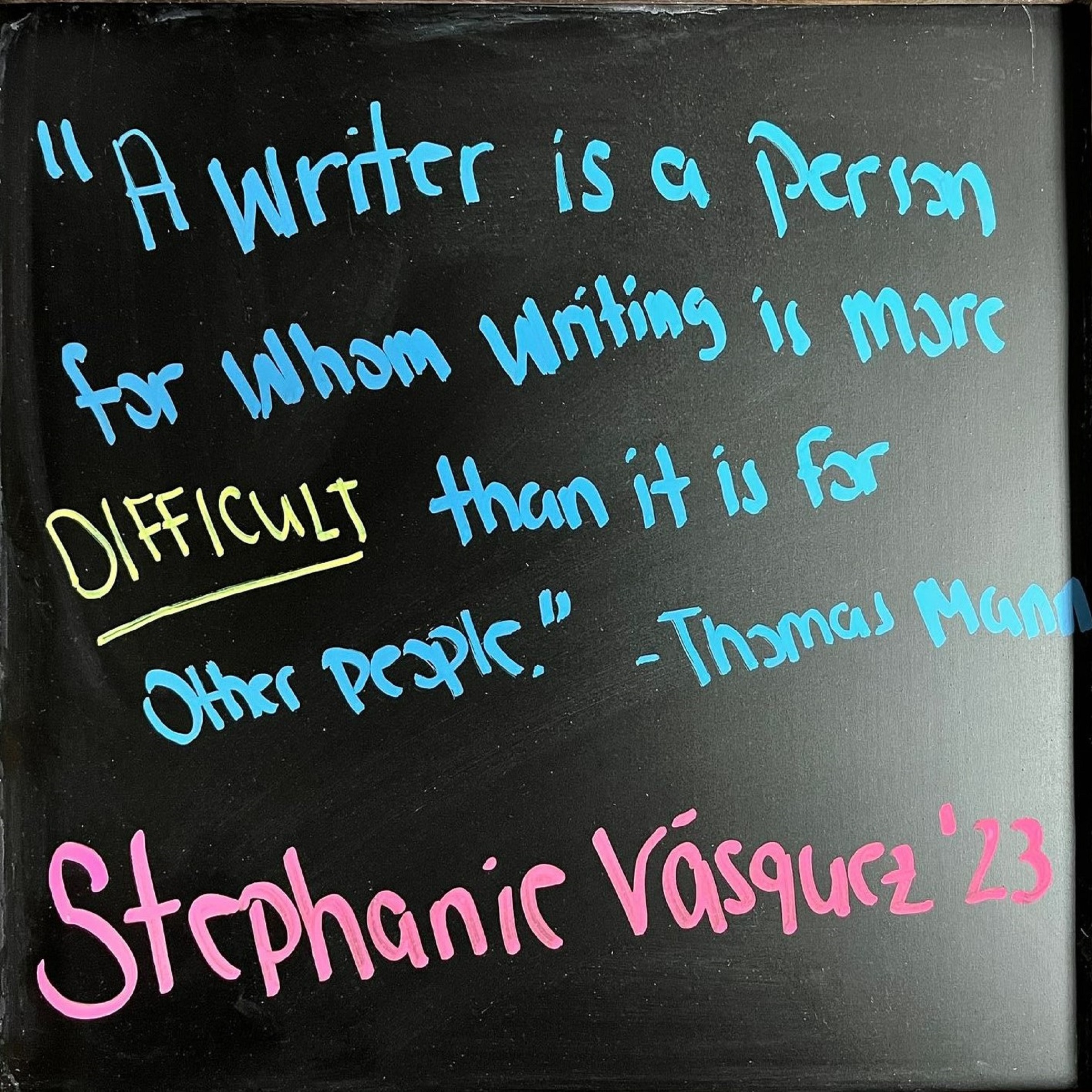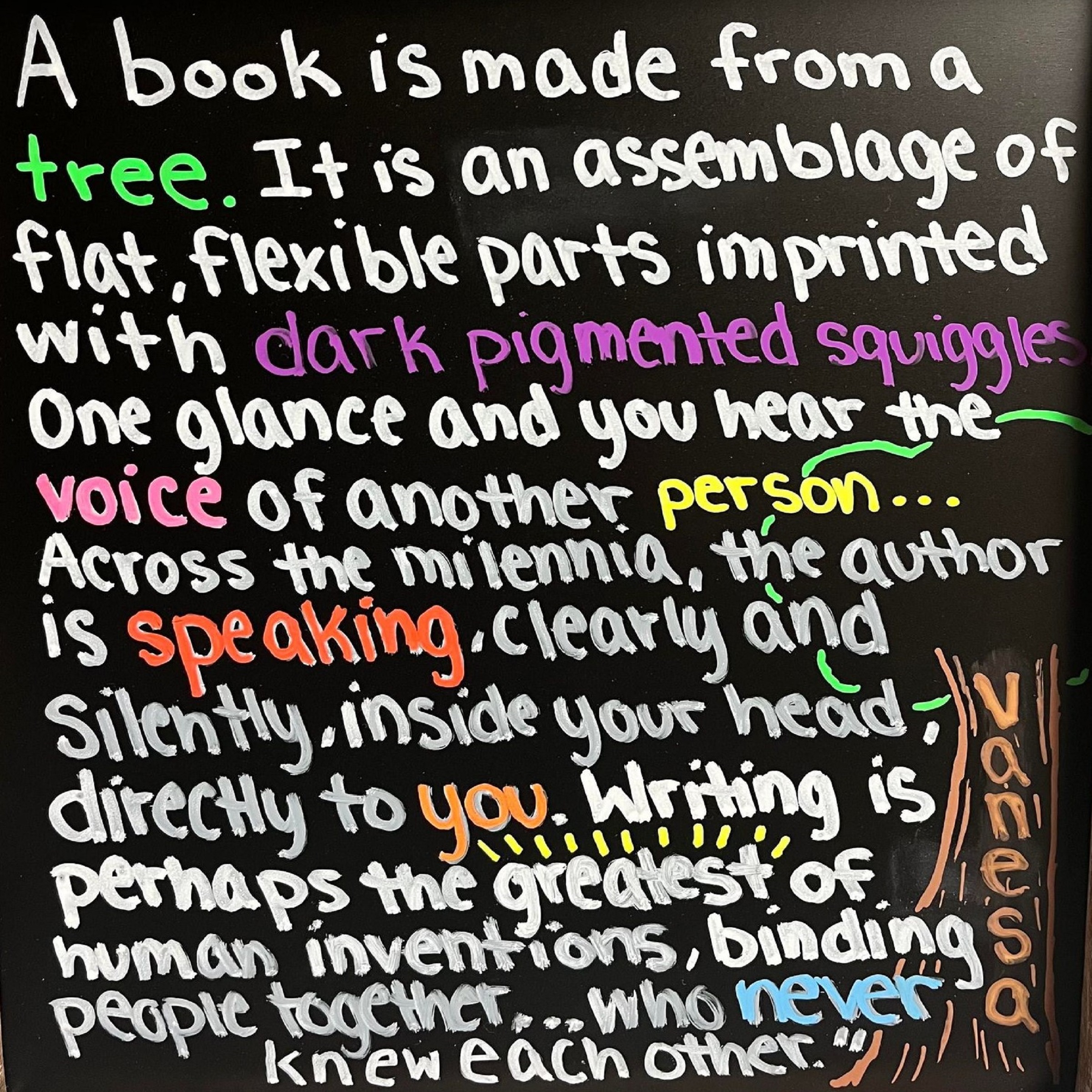A Resource for Writing in Specific Contexts
The way that we write—the tone, the style, the formatting, and the organization—depends on the context. It’s likely that the five-paragraph-essay from high school will simply not work in most situations that require writing, especially when you need to write strictly-structured pieces, like an abstract, a cover letter, or lab report. There are so many types of assignments that you’ll need to create during your college career, like annotated bibliographies, literature reviews, and poetry explications. Your instructors will rarely include sample papers or detailed formatting guides, so it can be overwhelming. On top of that, each discipline has their own conventions, style, and citation format. The use of personal pronouns might be recommended in for your philosophy essay, but those same pronouns will probably cost you points in an essay for your upper level nursing course.
Knowing how to respond to different writing situations comes with experience and exposure to each field. However, this resource is a great guide to get you started in understanding special formats and discipline specific standards: https://writingcenter.unc.edu/tips-and-tools/

Benefits of this resource: It walks you through specific writing assignments, step by step.
Drawbacks of this resource: You’ll notice it has other topics about writing, citations, and sentence-level concerns. While all this information is useful, I’m not sure it’s the best resource for citations or for revising sentences.
However, I would say it’s one of the most user-friendly resources with quick guides in discipline-specific writing and examples of specific writing formats.












